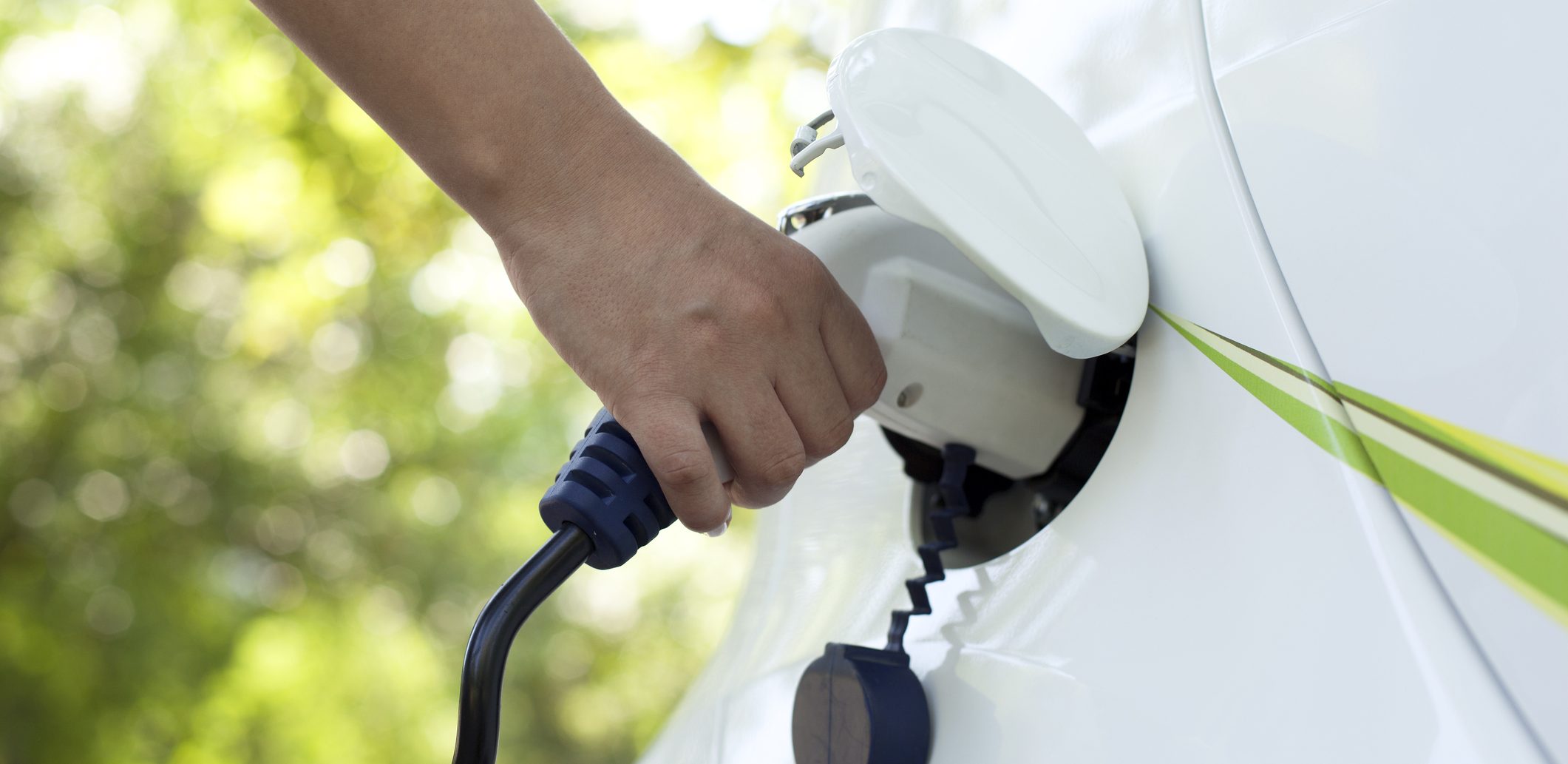‘Alarm bells’
Unite has expressed concern over the latest car industry figures published today (January 31) which show that auto manufacturing in the UK fell for the first time since 2009.
About 1.67m cars were produced in the UK in 2017, which represents a three per cent fall from the previous year, figures from the Society of Motor Manufacturers and Traders (SMMT) show.
The SMMT blamed the declining numbers on the fall in domestic consumer demand. Production for the domestic market fell by about 10 per cent, and demand for commercial vehicles in the UK fell by 25 per cent.
Most cars built in the UK are shipped abroad — about 8 in 10 cars are sent overseas, with half of these going to other countries in the EU. But these export figures dropped too, though only slightly — shipments to the EU decreased by a little over 5 per cent and overall overseas exports dropped by 1.1 per cent.
Still, in key overseas markets such as Japan, China, Canada and the US demand increased substantially.
SMMT chief executive Mike Hawes said that the falling numbers show that the industry “urgently needs clarity on the transitional arrangements for Brexit, arrangements which must retain all the current benefits else around 10 per cent of our exports could be threatened overnight.
“We compete in a global race to produce the best cars and must continue to attract investment to remain competitive,” he added. “Whilst such investment is often cyclical, the evidence is that it is now stalling so we need rapid progress on trade discussions to safeguard jobs and stimulate future growth.”
Consumer demand
Unite general secretary Len McCluskey agreed, as he slammed the government for a stagnant economy that’s choked consumer demand.
“These figures really ought to ring the alarm bells right across government,” he said. “Our world class car manufacturing sector is at risk – and much of the blame for this lies directly at the government’s door.
“There can be no doubt that the stagnant economy is one serious cause of the almost 10 per cent drop off in output in the domestic market. You cannot preside over the longest continuous fall in living standards for generations and expect the consumer economy to stay robust.
“When wages don’t grow people can’t buy, it is as simple as that. Big ticket items like cars are often the first things consumers cut back on and we see that today in these concerning figures.
Brexit clarity call
McCluskey agreed with the SMMT that lack of clarity over Brexit is harming the industry.
“All the indications coming out of the government and the noisier wings of the Tory party suggest that we will not have the tariff-free trade alignment on which our auto sector depends,” he said. “This is having a dreadful, real time impact in investment and is the reason why new funds to the industry are down ÂŁ1.66 billion on 2016 figures.”
Industry body SMMT has also said that falling domestic demand in cars has been partly to blame on “confusion over the government’s policy on diesel”.
McCluskey, too, highlighted how the government has not thought through its own policies.
“In this country we make the cleanest engines in the world, something to take pride in as we all try to support environmental protections,” he said. “Yet ministers sent out a message that the country would go ‘diesel-free’ in a couple of decades without any contingency plan for the existing industry or a serious development plan for bringing the alternatives on stream. There is no doubt that this has rocked confidence in a market and products that this country can rightly be proud of.”
The Unite general secretary called on the government to take action now in the face of worrying signs that the auto industry is declining.
“The transformation of the UK auto industry was something that the workforce and the sector worked very hard to bring about,” he said. “There are strong markets for our products around the globe but our future success rests in the hands of the government.
“We urge them to be bolder in their industrial strategy, more imaginative about the role of government in growing the economy and less captive to the ideologues in the Conservative party to put this industry and the communities that depend upon it first.”
 Like
Like Follow
Follow


